Lebanon government approves 2020 budget as protests go on
Lebanese Prime Minister Saad al-Hariri says the cabinet has approved a raft of economic reforms, including halving ministers' wages, and agreed on the 2020 budget in a bid to tackle fiscal crisis in the cash-strapped country and put an end to the nationwide demonstrations that have entered the fifth day.
Speaking at a press conference at Baabda Palace near the capital Beirut on Monday, Hariri said among the most important reforms is the approval of the 2020 state budget envisaging a deficit of 0.6 percent.
The government also agreed not to impose new taxes on citizens, with the central bank and financial institution set to participate in the deficit-reduction through an amount of 5.1 trillion Lebanese pounds ($3.4 billion), the Lebanese prime minister noted.
Hariri further noted that that there was an agreement that the salaries of former and current lawmakers and ministers should be cut by 50 percent, and that looted public funds should be returned.
He went on to say that the package of reforms includes abolishment of the ministry of information and other public institutions, noting that a study will be carried out to privatize the two government-owned mobile phone operators in the country –MTC Touch and Alfa.
The government will provide healthcare for the elderly, and pump an additional 20 billion Lebanese pounds ($13.2 million) for the support of the most vulnerable people, speed up licensing for power plants, reduce power cuts by 50 percent next year and allocate 165 million dollars for housing loans, Hariri said.
The Lebanese prime minister also stressed the need for the implementation of agreements reached during the CEDRE Conference for international donors and investors to support Lebanon's economy held in Paris on April 6 last year, asserting that the measures could unlock $11 billion in Western donor pledges and help avert economic collapse.
Hariri underlined that ministries won't do any investments, and that the government will rely on foreign investments in a bid to stop money squandering in 2020.
The Lebanese prime minister added that he is ready to go for early parliamentary elections if that is what people on the streets are looking for.
“Protests across country restored Lebanon’s national identity, and broke sectarian barriers. I will not allow anyone to threaten or scare you (protesters) away. These steps are not intended to ask people to stop protesting and expressing their anger,” Hariri highlighted.
Sayyed Hassan Nasrallah, secretary general of the Lebanese resistance movement Hezbollah, on Saturday said he was against calls for the resignation of the government, vowing not to allow anyone to “burn” Lebanon and cause chaos in the country.
Nasrallah also stated that the Hezbollah party was “determined to work hard” to solve the country’s problems and “not allow anyone to drown this country and take it to the abyss.”
Growth in Lebanon has plummeted in the wake of endless political deadlocks and an economic crisis in recent years.
The country hosts 1.5 million Syrian refugees, and their presence is often blamed for putting pressure on the already struggling economy.
Unemployment stands at more than 20 percent, according to official figures.
The Lebanese Finance Ministry says the national debt is hovering around $85 billion, which accounts for more than 150 percent of the gross domestic product (GDP).
Successive governments have failed to address a waste management crisis or improve the electricity grid, which is plagued by daily power cuts.
Hamas thanks Iran, Resistance Front following achievement of ceasefire in Gaza
'Capitulation': Israeli officials and media concede Gaza defeat as truce unfolds
'Gaza has won': Social media users react to ceasefire with mix of relief, joy
Iran seeks South Korea’s assistance for AI, fiber-optic projects
VIDEO | Iran's 'Eqtedar' (Power) maneuver
Israel hits HTS military target in Syria for 1st time since fall of Assad
VIDEO | Press TV's news headlines
Israel has slaughtered 13,000 students in Gaza, West Bank







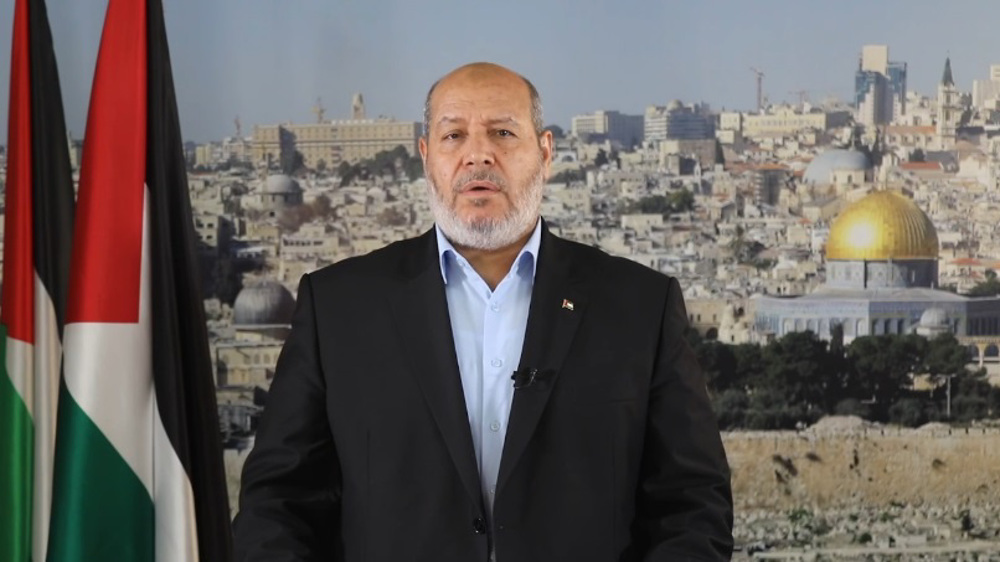
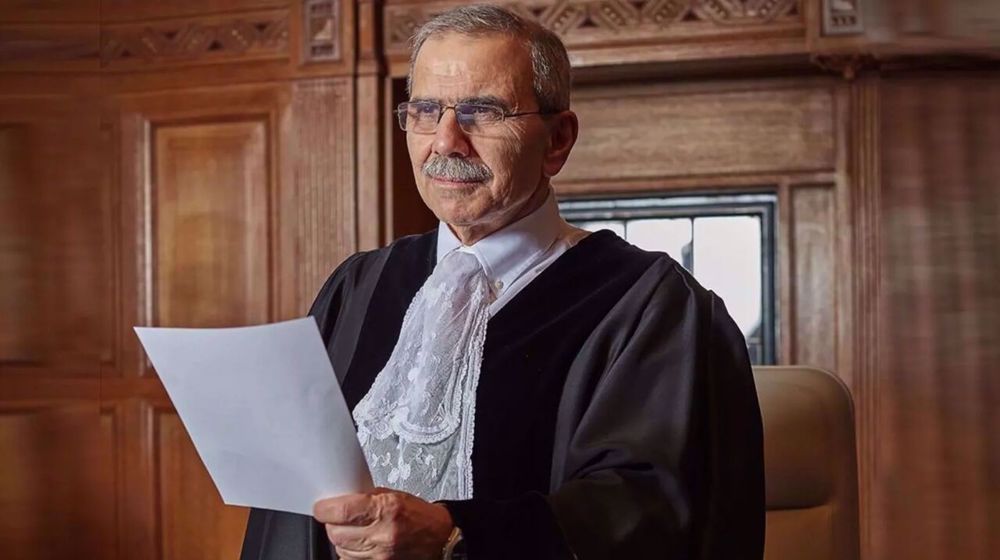
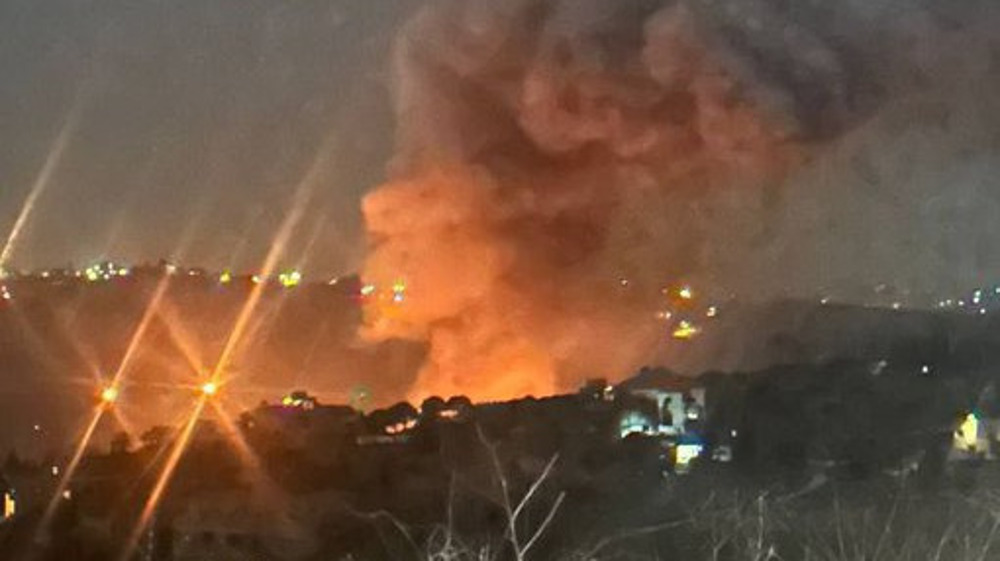




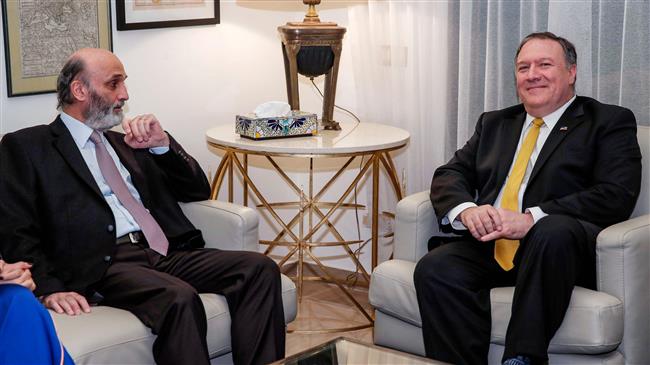
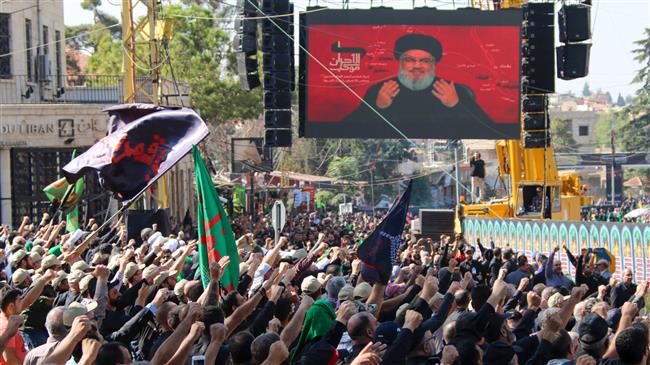



 This makes it easy to access the Press TV website
This makes it easy to access the Press TV website